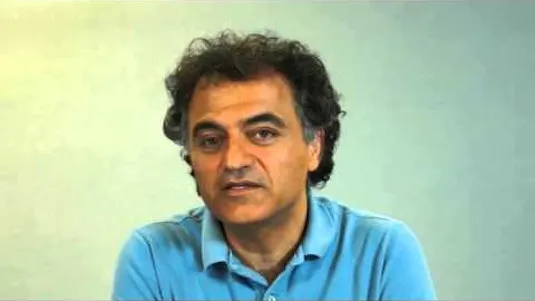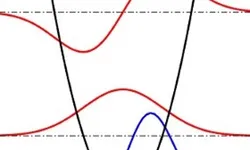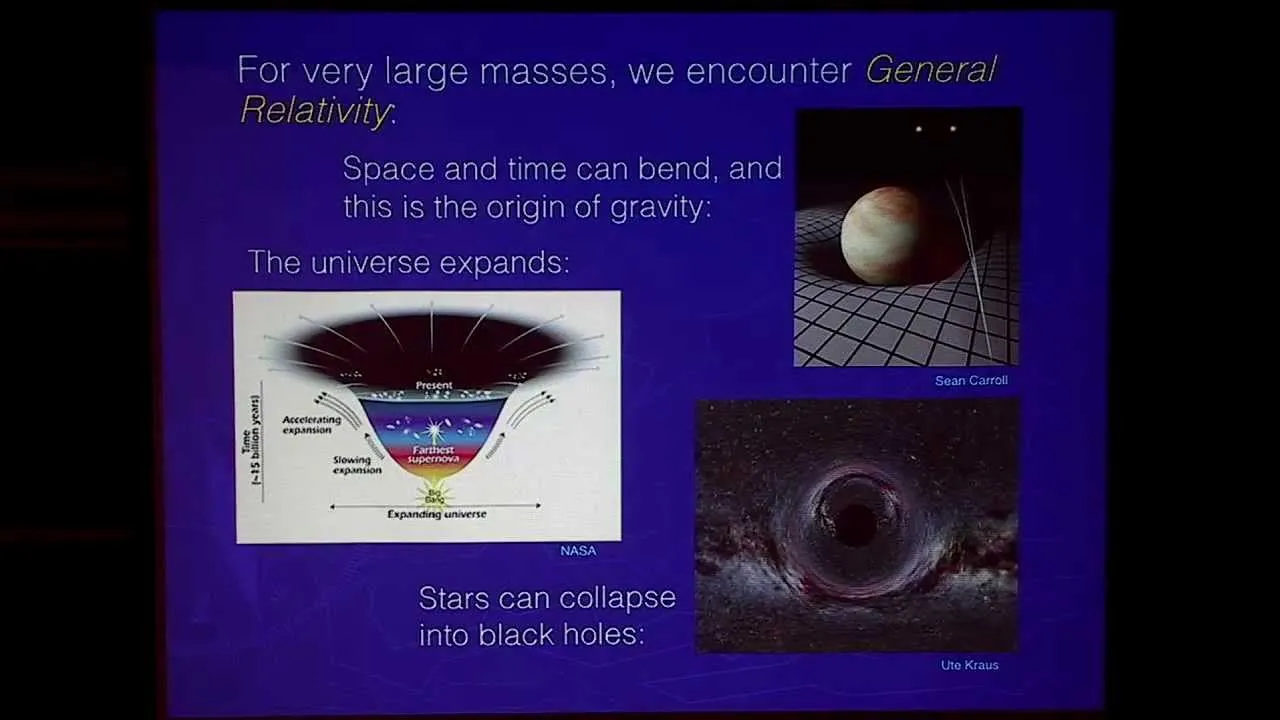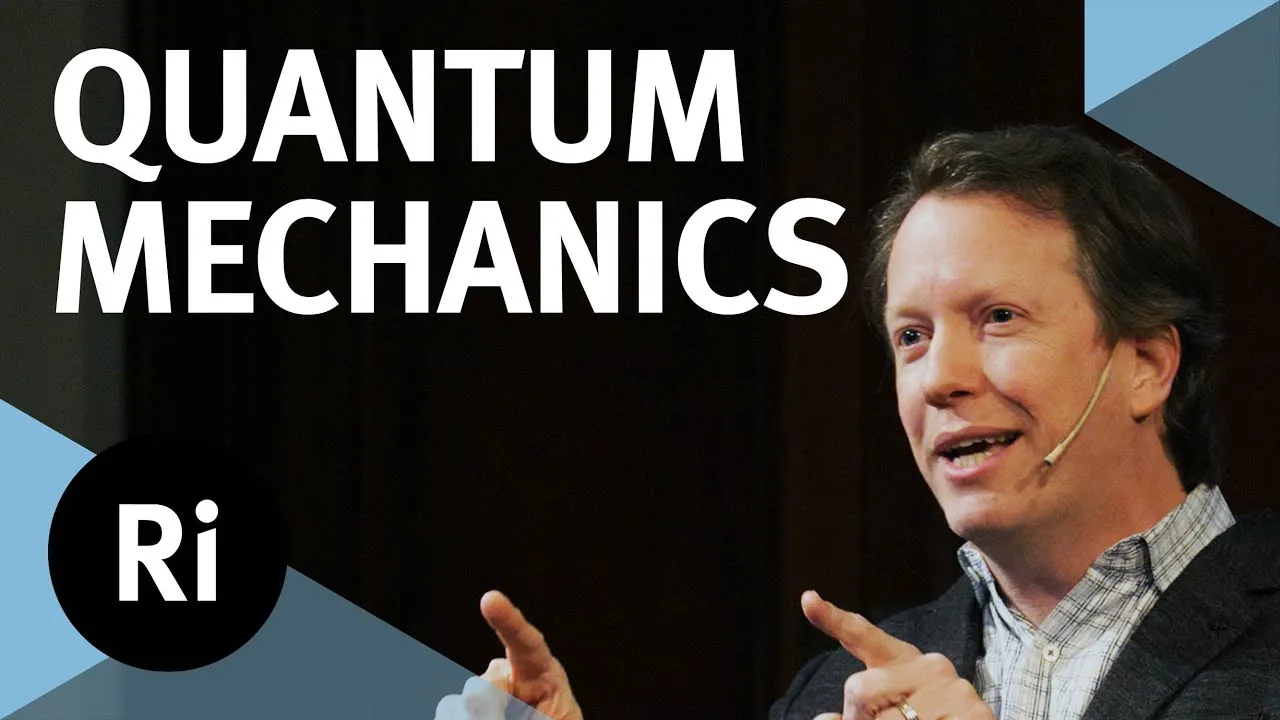
Quantum Mechanics and Quantum Computation 
This course introduces students to the fundamentals of quantum mechanics and quantum computation. It covers topics such as qubits, quantum gates, entanglement, quantum algorithms, and the experimental realization of quantum computers. The course is free and lectures are available with transcripts. Students can watch the lectures at their own pace. ▼
ADVERTISEMENT
Course Feature
![]() Cost:
Cost:
Free
![]() Provider:
Provider:
Edx
![]() Certificate:
Certificate:
No Information
![]() Language:
Language:
English
![]() Start Date:
Start Date:
1st Aug, 2020
Course Overview
❗The content presented here is sourced directly from Edx platform. For comprehensive course details, including enrollment information, simply click on the 'Go to class' link on our website.
Updated in [March 06th, 2023]
This course, Quantum Mechanics and Quantum Computation, provides an introduction to the fundamental principles of quantum mechanics and quantum computation. Students will learn about qubits (or quantum bits) and quantum gates, entanglement, non-local correlations, the no-cloning theorem, quantum teleportation, quantum algorithms, and the prospects for quantum algorithms for NP-complete problems. The course also covers the basic ideas behind the experimental realization of quantum computers, including the recent Google quantum supremacy experiment. Notes will be posted each week, and a list of related textbooks and online resources will be provided. The estimated effort for the course is 5-12 hours per week, depending on the student's background and the depth to which they wish to understand the material. The course is free, and all lectures will have transcripts synced to the videos. Students do not need to watch the lectures live.
[Applications]
Upon completion of this course, students will be able to apply the principles of quantum mechanics to quantum computing, understand the fundamentals of quantum algorithms, and have an understanding of the experimental realization of quantum computers. They will also be able to use the edX Demo to explore the interactive learning environment and virtual labs. Additionally, they will be able to access the course notes and transcripts of the lectures.
[Career Paths]
1. Quantum Computing Engineer: Quantum Computing Engineers are responsible for designing, developing, and testing quantum computing systems. They must have a strong understanding of quantum mechanics and be able to apply it to the development of quantum computing systems. They must also be able to troubleshoot and debug any issues that arise. The demand for Quantum Computing Engineers is expected to grow significantly in the coming years as quantum computing technology becomes more widely adopted.
2. Quantum Computing Researcher: Quantum Computing Researchers are responsible for researching and developing new algorithms and techniques for quantum computing. They must have a strong understanding of quantum mechanics and be able to apply it to the development of new algorithms and techniques. They must also be able to troubleshoot and debug any issues that arise. The demand for Quantum Computing Researchers is expected to grow significantly in the coming years as quantum computing technology becomes more widely adopted.
3. Quantum Computing Consultant: Quantum Computing Consultants are responsible for providing advice and guidance to organizations on the implementation of quantum computing systems. They must have a strong understanding of quantum mechanics and be able to apply it to the development of quantum computing systems. They must also be able to troubleshoot and debug any issues that arise. The demand for Quantum Computing Consultants is expected to grow significantly in the coming years as quantum computing technology becomes more widely adopted.
4. Quantum Computing Educator: Quantum Computing Educators are responsible for teaching and educating students and professionals on the fundamentals of quantum computing. They must have a strong understanding of quantum mechanics and be able to apply it to the development of quantum computing systems. They must also be able to troubleshoot and debug any issues that arise. The demand for Quantum Computing Educators is expected to grow significantly in the coming years as quantum computing technology becomes more widely adopted.
[Education Paths]
1. Bachelor of Science in Quantum Mechanics: This degree program provides students with a comprehensive understanding of the principles of quantum mechanics and its applications in the field of quantum computing. Students will learn about the fundamentals of quantum mechanics, quantum algorithms, and the experimental realization of quantum computers. They will also gain an understanding of the implications of quantum computing for the future of computing and technology.
2. Master of Science in Quantum Computing: This degree program provides students with a deeper understanding of the principles of quantum computing and its applications. Students will learn about the fundamentals of quantum mechanics, quantum algorithms, and the experimental realization of quantum computers. They will also gain an understanding of the implications of quantum computing for the future of computing and technology.
3. Doctor of Philosophy in Quantum Computing: This degree program provides students with an advanced understanding of the principles of quantum computing and its applications. Students will learn about the fundamentals of quantum mechanics, quantum algorithms, and the experimental realization of quantum computers. They will also gain an understanding of the implications of quantum computing for the future of computing and technology.
4. Certificate in Quantum Computing: This certificate program provides students with a basic understanding of the principles of quantum computing and its applications. Students will learn about the fundamentals of quantum mechanics, quantum algorithms, and the experimental realization of quantum computers. They will also gain an understanding of the implications of quantum computing for the future of computing and technology.
The development of quantum computing is a rapidly growing field, with new applications and technologies being developed every day. As the technology advances, so too will the need for qualified professionals who understand the principles of quantum mechanics and quantum computing. These degree and certificate programs provide students with the knowledge and skills necessary to pursue a career in this exciting field.
Course Provider

Provider Edx's Stats at AZClass
Quantum Mechanics and Quantum Computation introduces students to the fundamentals of quantum mechanics and quantum computing. It covers topics such as qubits, quantum gates, entanglement, quantum algorithms, and experimental implementations of quantum computers. The course is free and transcripts of lectures are available. Students can watch lectures at their own pace and learners can learn the fundamentals of quantum mechanics such as qubits, quantum gates, entanglement, nonlocal correlations, the no-cloning theorem, and quantum teleportation. They can also learn about quantum computing, including quantum Fourier transforms, period discovery, Shor's quantum algorithm for integer factorization, and prospects for quantum algorithms for NP-complete problems.
Discussion and Reviews
0.0 (Based on 0 reviews)
Explore Similar Online Courses

Accounting Data Analytics

Wilderness First Aid - Traumatic Emergencies

Python for Informatics: Exploring Information

Social Network Analysis

Introduction to Systematic Review and Meta-Analysis

The Analytics Edge

DCO042 - Python For Informatics

Causal Diagrams: Draw Your Assumptions Before Your Conclusions

Whole genome sequencing of bacterial genomes - tools and applications

Foundations of Quantum Mechanics

Gravity and Quantum Mechanics - The Quest for Unification


Start your review of Quantum Mechanics and Quantum Computation